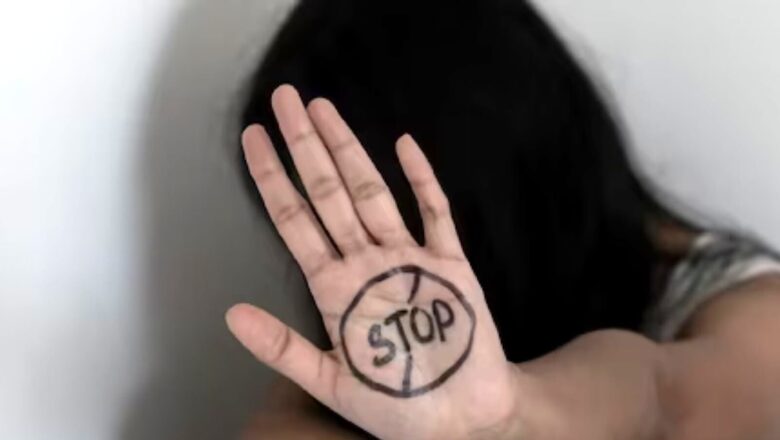
views
Last week, Bengal’s Murshidabad district was in news again for stuff the civilised world thinks it has long left behind in the dustbin of shame. Two women were mercilessly beaten up, molested, and their private parts burnt with hot rods by Sahebul Sheikh, Kadam Mollah, and Samjer Sheikh. Two of them are relatives of the women.
What is their fault?
They were accused of being in a lesbian relationship.
Muslim-majority Murshidabad is frequently in news for fatwas against music, lottery, or watching TV. In neighbouring Malda district with 51 percent Muslim population, local Muslims banned a girls’ football match in 2015 because they felt jerseys were too tight and un-Islamic for women.
In many Islamic countries, homosexuality is punishable with death as same-sex relationship is considered among the most heinous crimes in Islam. That makes it easy for men in places like Murshidabad to brand girls as lesbians and use the culture of fear to sexually exploit them.
The extremely sensitive border district has seen high-profile arrests of Al Qaeda, Jamaat-ul Mujahideen Bangladesh and Ansarulllah Bangla Team operatives in 2020 by the NIA. It also is a transit point for terrorists to sneak into India. Maharashtra ATS picked up in 2018 Bangladesh-trained terrorist suspects from Navi Mumbai who had entered through Murshidabad with forged documents.
The district has also seen wanton violence — burning of trains and buses, ransacking of stations — during the anti-CAA protests. Leftists and self-proclaimed liberals of national media had played it down and focused instead on police action against violent students in Jamia.
There was turmoil in Murshidabad again after Bahutali High School principal Dinbandhu Mitra asked students not to wear hijab to school.
The district is one of the biggest narcotic hubs and drug transit points in India. Tons of heroin finds its way from Murshidabad to the youth in India’s big cities. Such is the lawlessness that about 30 Chinese nationals ran a 2.61 lakh square foot (area equal to about four international football fields) amphetamine-producing unit right under the nose of the Murshidabad police for years. The land belonged to Boju Sheikh, a local TMC leader.
Murshidabad is a perfect example of how historical mistakes and demographic change come together to haunt a place. During Partition, there was a strong case for Muslim-majority Murshidabad to be part of Bangladesh and Hindu-majority Khulna to be in India. However, because of their respective geographical quirks, the reverse happened.
In 1947, the Hindu population of Khulna was 52 percent. It now stands at 11 percent. In Murshidabad, however, the Muslim population has swelled from 55 percent in 1951 to 67 percent on last count in 2011.
This brought with it an ever-deepening shade of Islamism. It also tied the district to local and international terrorism and criminal networks. To top it all, political patronage from the ruling TMC makes it fertile ground for groups like the now-banned Popular Front of India (PFI).
In February this year, the PFI held a massive rally in Murshidabad. Its notoriety as an organisation involved in radicalising youth, driving conversions, and funding communal trouble had spread far and wide by then. But it did not stop Mamata Banerjee’s MLA Manirul Islam from sharing stage with the radical group. In 2020, PFI posters in Murshidabad against CAA had the name of TMC MP Abu Taher Khan as its patron.
And in 2018, when the queer community came out of the streets of Bengal after a group of students at Kolkata’s Kamala Girls High School were made to sign a confession letter stating they were lesbians, the perpetrators found support from one of Mamata Banerjee’s most powerful ministers. Then education minister Partha Chatterjee — now in jail for hoarding hundreds of crores of cash — had said that he would not tolerate “lesbianism in schools” and that it was against the state’s ethos.
Clearly, the education minister managed to remain unscathed by rich, same-sex literature and cinema from Tagore’s Chitrangada to Kaushik Ganguly’s Arekti Premer Golpo starring the iconic gay director, Rituporno Ghosh.
If he had, if his government had cracked down on the madness and bigotry then, the young girls of Murshidabad would not have to endure the hot, searing pain. The nation would not have to bear their scars.
The writer is a senior journalist. Views expressed are personal.
Read all the Latest Opinions here


















Comments
0 comment